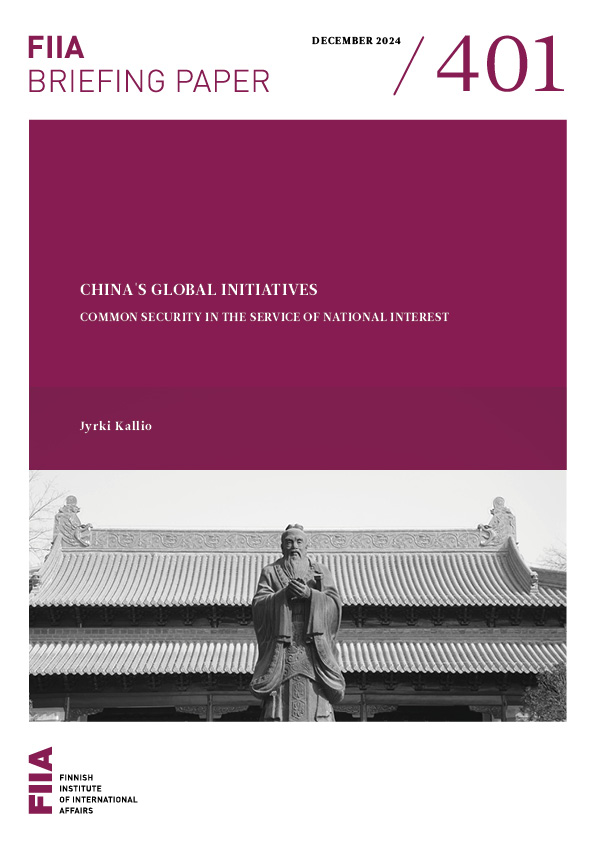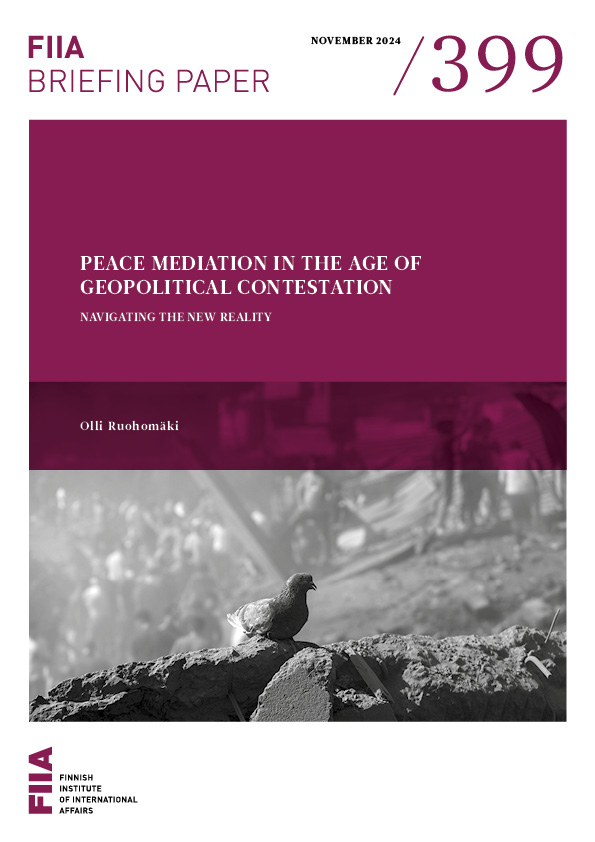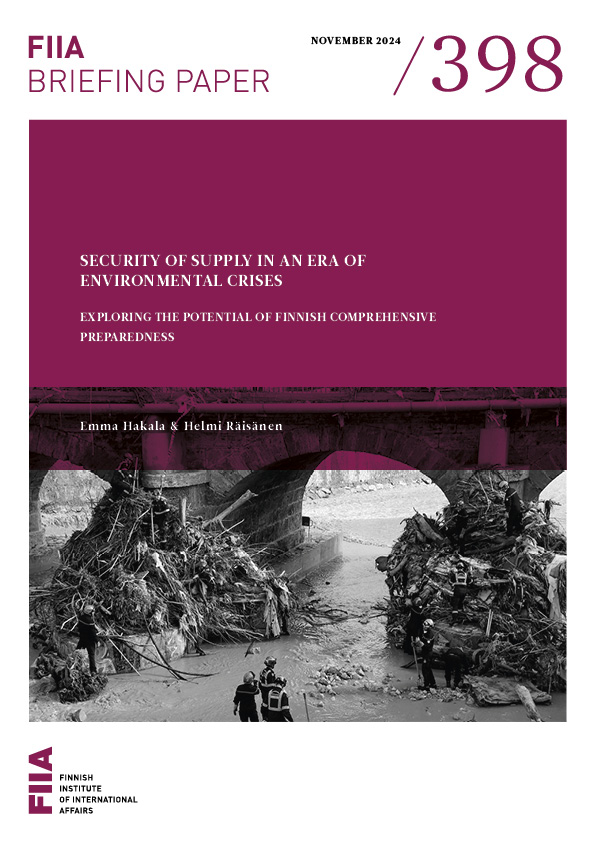President Xi Jinping is amassing power and purging opposition at all levels. This is probably not an indication of a power struggle but rather a sign that the Communist Party is gearing up its leadership role for the next crucial five-year period.
The international media paid little attention to last month’s proceedings of China’s National People’s Congress (NPC), the most important showpiece of the quasi-democratic system in the country. This was just as much due to the fact that the plenum brought few surprises as it was to the perplexing events in Russia.
It is relevant to ask, would the leader’s disappearance in China lead to similar rumours of a power struggle or a coup d’état as Vladimir Putin’s disappearance did in Russia? Should one be worried about a sudden shift in China’s direction? These questions have become more pertinent in the wake of the growing centralization of power in the hands of party leader Xi Jinping.
Arguably, Xi holds more power than any Chinese leader since Deng Xiaoping. By all accounts, he is also very popular among the people, especially thanks to the anti-corruption drive, and his image is boosted by a conscious effort by the party apparatus to build something akin to a personality cult around him.
The anti-corruption campaign looks suspiciously like a political purge. If there is a need for a purge, then the unity of the party is weaker than has been previously thought. This has led eminent Sinologist David Shambaugh to state, in the Wall Street Journal on 6 March, that “the endgame of the Chinese communist rule has now begun”. Shambaugh also lists other indicators in support of his view, including problems in furthering economic reforms due to opposition from different interest groups.
The opposing prophecy is that Xi is now gathering power in order to be able to initiate major structural and even political reforms later. As always, the truth is likely to reside somewhere between the two extreme views. A majority of experts would probably agree that there is no economic collapse in sight in the short term, although environmental reasons alone make it clear that the current growth model is unsustainable. The growing middle class is not showing signs of widespread discontent. While corruption is a structural problem related to China’s form of state capitalism, the party is taking the issue seriously, and has apparently succeeded in tackling many blatant misuses of power.
Furthermore, it is only natural that there are differing opinions among the party. The leadership is still collective. Xi is the supreme leader by the mandate of the party. Therefore, his sudden absence would not create chaos. It has been noted in the foreign media that while the NPC is usually a prime time for the prime minister, this time Li Keqiang was overshadowed by party leader Xi.
However, this is most likely just another sign of the new marching order where the party is taking an ever more prominent lead. The target has already been set for the new five-year plan for 2016–21, which is being drafted by the true power holders within the Communist Party. It has a colossal task ahead of it in making sure that the “new normal” of comparatively modest economic growth does not turn into stagnation.
There is an unvoiced “social contract” in China: the citizens will pay little attention to politics as long as the economy continues to grow at an acceptable pace. So far, the population is by and large content with the party rule because it has resulted in better lives for many people in recent decades.
At the same time, there are pockets of discontent among civil society, calling for greater freedoms, while the number of “mass incidents” – demonstrations and riots arising from environmental grievances, layoffs, land disputes, and corruption – is measured in the hundreds daily. The big dilemma for the party is, then, how to maintain popular support if the economic growth rate slows too much, or even stalls.
The party has three tools in its arsenal. The first is ideology. On the one hand, the party is promoting “socialist core values”, together with sets of virtues hand-picked from the traditional schools of thought, such as “harmony”, through slogans and campaigns. On the other hand, the spread of “universal values”, seen as a Western conspiracy, is combated with increasing harshness through censorship. The NPC is working on a new Security Law, and a new law to regulate foreign NGOs, likely inspired by Russia’s law on “foreign agents”. This ties ideology to the second tool, the security machinery, whose budget has surpassed that of defence.
Thirdly, the party is able to reap the harvest of the patriotic education of school children and students. It is very easy to utilize nationalist feelings in rallying the nation to the party’s support. Luckily, the party seems aware that nationalism has to be rationed with care. Unlike Russia, China is deeply ingrained in the globalized economy, and cannot afford international isolation. Nevertheless, China’s recent comments warning its southern and eastern neighbours to respect China’s legitimate interests have raised concern.
One example of the current domestic climate is the detention of several women’s rights activists just before International Women’s Day and during the session of the UN Commission on the Status of Women.
In the light of this, and similar events, it impossible to believe that Xi would be planning any political reforms which would lead to a liberalization of the system. On the contrary, it has become increasingly clear that the party will not allow anything to rock the boat before the Party’s 100th anniversary in 2021. Therefore it is possible that many of the measures taken by the party now to manage the economy and society will only succeed in bottling up tensions in the long term.







